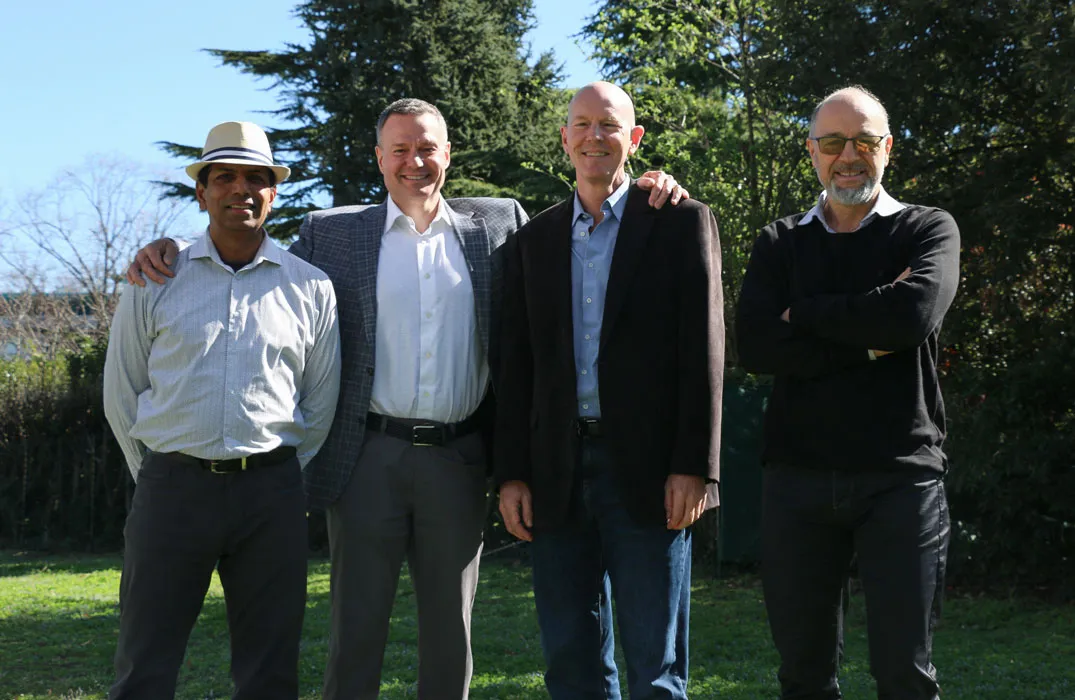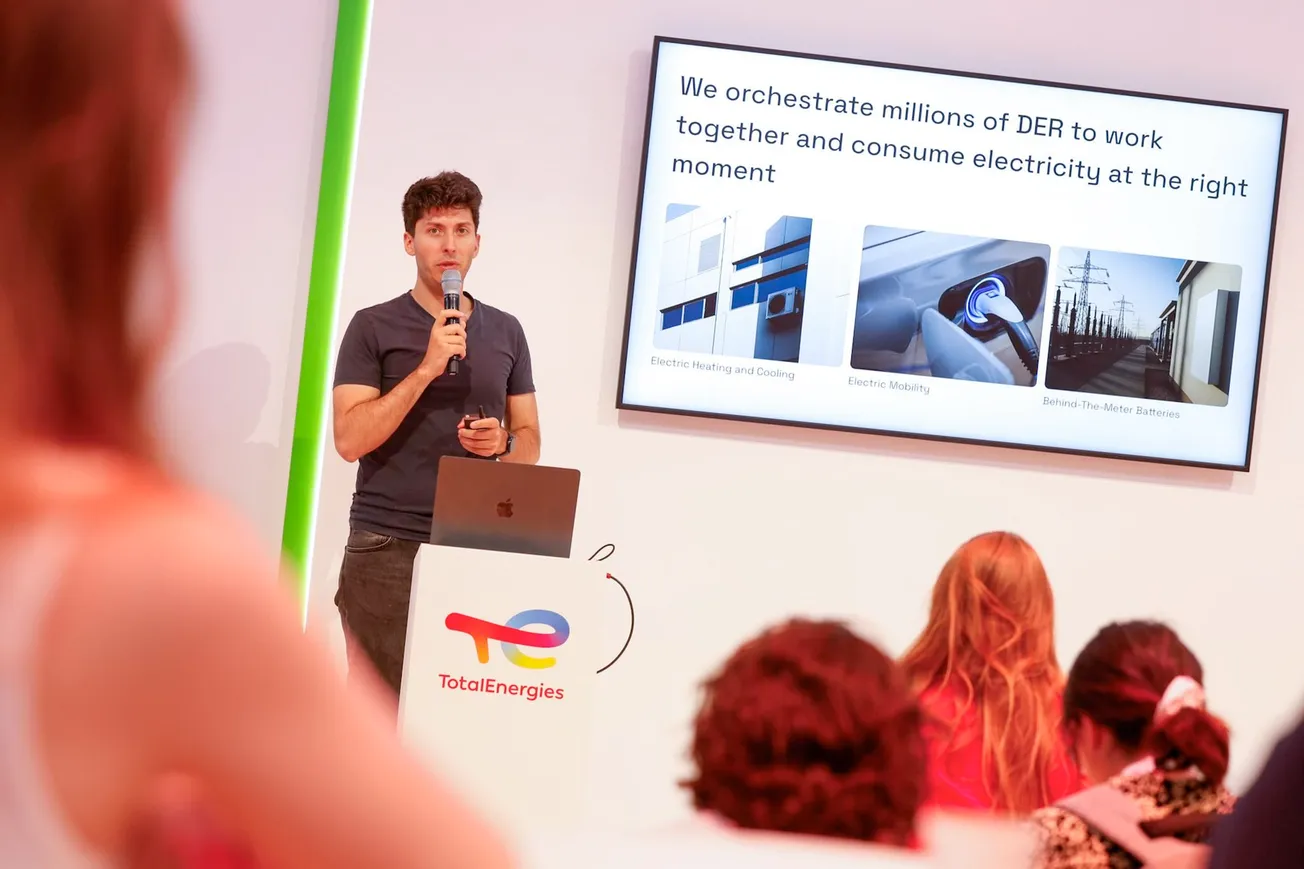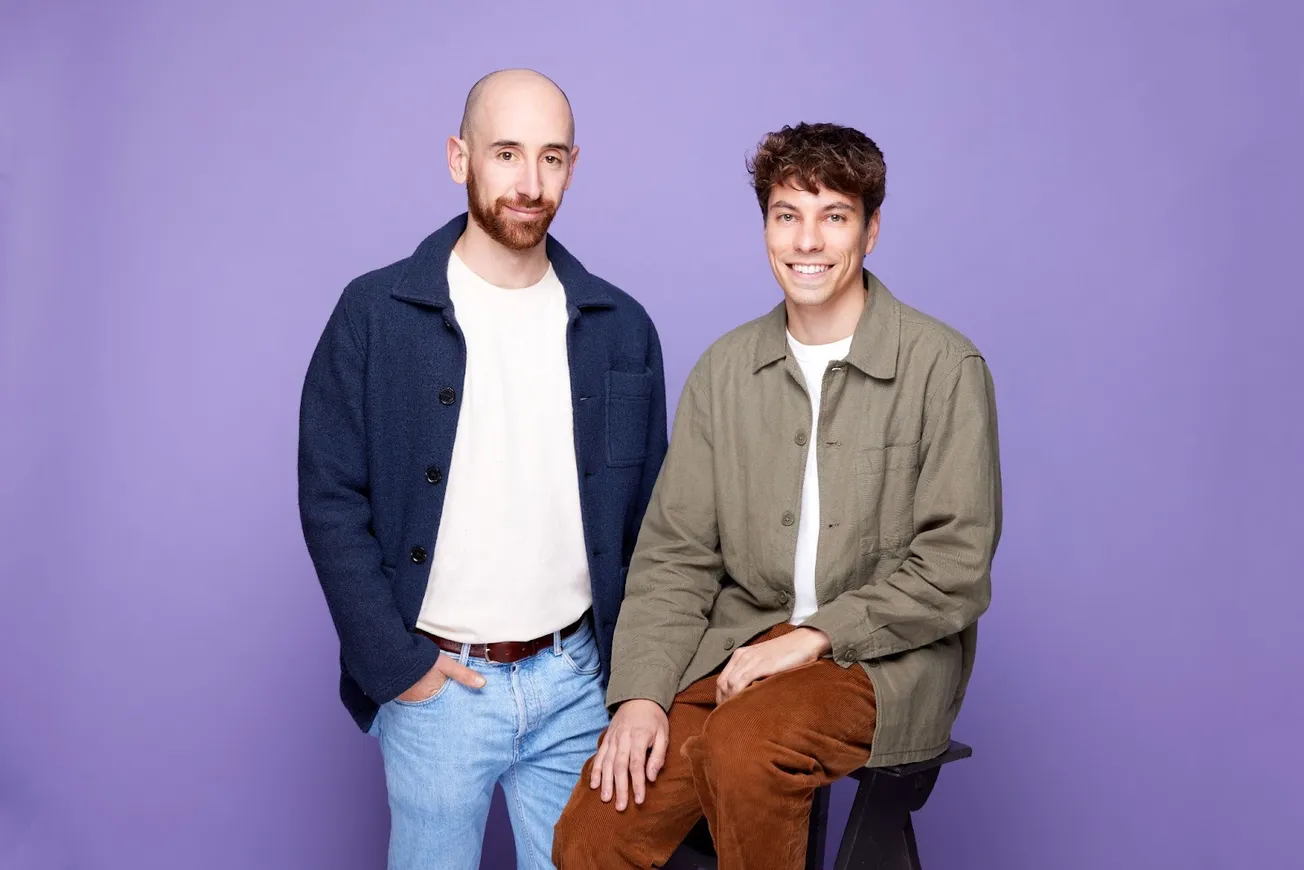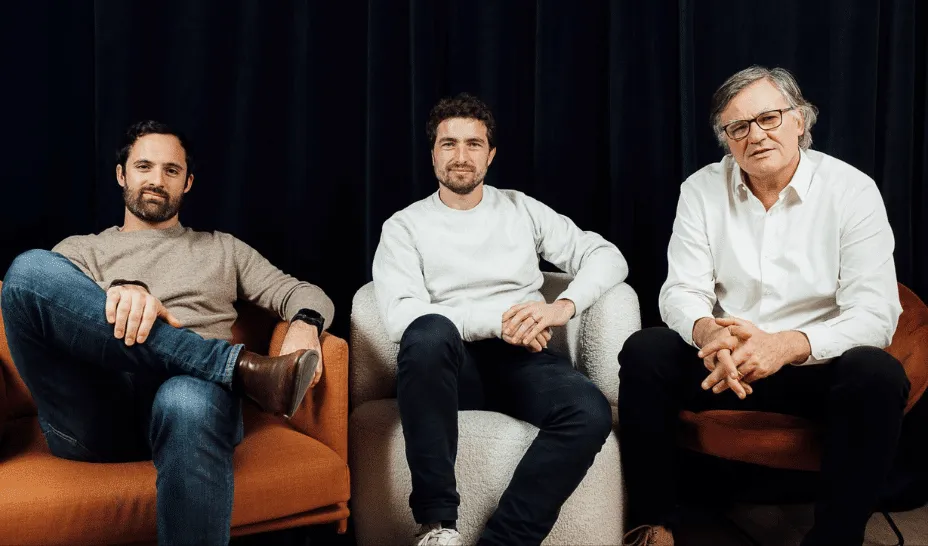Aviwell CEO Mouli Ramani describes his co-founder Dr. Rémy Burcelin as a "mad scientist who loves wine." The Toulouse-based researcher made an important breakthrough almost two decades ago about the way diet and digestive bacteria impact health and growth rates.
Burcelin had been looking for a way to commercialize this research in recent years and had been working on a small scale with local geese farmers in the southwest of France. But after connecting with Ramani – a Canadian now living just outside of Boston – a couple of years ago, a new version of Aviwell was born that combines that life science research and artificial intelligence with the goal of improving the health and security of the global food chain.
The company falls in the Deep Tech category where the French government is making an enormous bet in terms of policy, funding, and subsidies. The timing and the company's potential helped Aviwell raise a €9 million Seed round that combines public and private financing that it will use to refine the commercial aspects of its research.
I spoke with Ramani to get a closer look at the company's journey, technology, and the challenges ahead.
What is Aviwell?
Ramani says that Aviwell "lives at the intersection of life science and data science." In scientific terms (a deeper explanation is below), the company believes that if it reprograms the microbiome (the mix of naturally occurring microbes in the body) of an animal early in its life, it can positively impact the health and welfare of the animal in terms of how quickly it grows, how efficiently it lives, and how resistant is to diseases. The company applies its AI and advanced algorithms to an analysis of the animals in a way that helps producers optimize the mix of traditional feed and natural gut bacteria to achieve that growth.

Why?
The Aviwell process eliminates the need for steroids or other artificial chemicals to catalyze growth, as well as reduces the dependence on medicine and antibiotics to protect the health of animals. Not only is this safer and healthier for consumers, but it also reduces expenses for producers and is more sustainable because the animals will require fewer resources to grow and yet will produce more food. Aviwell's founders are initially focused on chickens, but they believe the platform can eventually impact the entire global food chain.

Who?
The co-founders are CEO Mouli Ramani and Rémy Burcelin. Ramani is a serial entrepreneur who was mostly recently working on a startup focused on health tech for horses. After that company was sold, he was connected through his network to Burcelin who had been looking for a partner to help explore bigger commercial applications.
Burcelin is a researcher at the INSERM institute which is part of Paul Sabatier University in Toulouse. He had launched Aviwell as a side project and focused on geese who were being grown for foie gras – a major product in the rural region surrounding Toulouse. Of course, foie gras can be controversial because producers raise the geese and then force-feed them over the last couple weeks of their lives to create large, fatty livers which are then used to make foie gras. Using Burcelin's process, the farmers could grow geese that develop rich, fatty livers without the need for force-feeding.
Ramani – who grew up in Montreal and speaks French – said he clicked right away with Burcelin and immediately saw the massive potential for his research.
"If you can do this for geese, why don't you pick animals that are much larger as an economic factor and much more interesting commercially?" Ramani said. "You can do things like literally help feed the planet. Right now, we have 8 billion people and a huge chunk of them are malnourished. And a big part of it is because there are not enough animals to feed these individuals. And the efficiency in the agricultural world has gone way down. So if you can do what he did for geese for chickens, or fish, or cows, or pigs, that has a much larger impact on the world."

Inside The Science
Back in 2005, Burcelin was conducting diabetes research on mice and discovered that he could affect the growth of a mouse by changing the bacteria present in the gut of the mouse. This work has been highly influential in the understanding of the treatment of diabetes as well as the expanding use of probiotics to prevent diseases.
By identifying the right mix of gut bacteria, the process of "thermogensis" – the conversion of food into energy – is improved. This turned out to be more important than genetics or environment on growth rates.
While that work has been applied to humans, Burcelin continued to look for ways to apply it to animals. He believed that if producers could optimize the gut microbiome at birth and at the early stages of life, then the animal's microbiome would be set forever and determine its trajectory of growth.
Using this process, producers can eliminate the need for genetic modification and the use of antibiotics. Instead, they just need to change the proportion of bacteria in the stomach of chicks early in their life through the use of feed mixed with the right bacteria. If successful, producers will need to feed them less food while still raising healthier chickens that are more resistant to disease.
"You'll have a solution that makes the agriculture industry much, much more efficient," Ramani said.
In terms of building a business, Burcelin was limited by the ability to analyze a set of animals and their bacteria. By using artificial intelligence and machine learning, Aviwell can now analyze a much larger number of animals to determine the composition of their gut microbiome. The types of bacteria that could be in the stomach are more than 100 million, Ramani said.
The AI helps efficiently analyze that mix of bacteria in the stomachs of chickens that are growing more efficiently, and then helps determine what bacteria need to be given to other newborn chickes to achieve the same high growth rates.
These bacteria are naturally occurring in other chickens, and are mixed in with the feed for the first couple weeks of a chicken's life, Ramani said.
"It's called starter feed," he said. "That gets that their microbiome is set to grow in that direction and then they are just normal chickens. They eat whatever they want. They do everything normally."
"All we're doing is giving nature a push," Ramani added. "This is why we're going to have no problems from a regulatory perspective. Because we're not changing genes. We're not pumping them with hormones. We're not using antibiotics. All we're doing is adjusting the cohort to move closer to the commercially desirable microbiome that already exists in nature."
The Full Scoop...
Subscribe to get the full co-founder video interview, the expanded investor list, the pitch deck, the competitive outlook, and an overview of the roadmap to a Seed/Series A.









